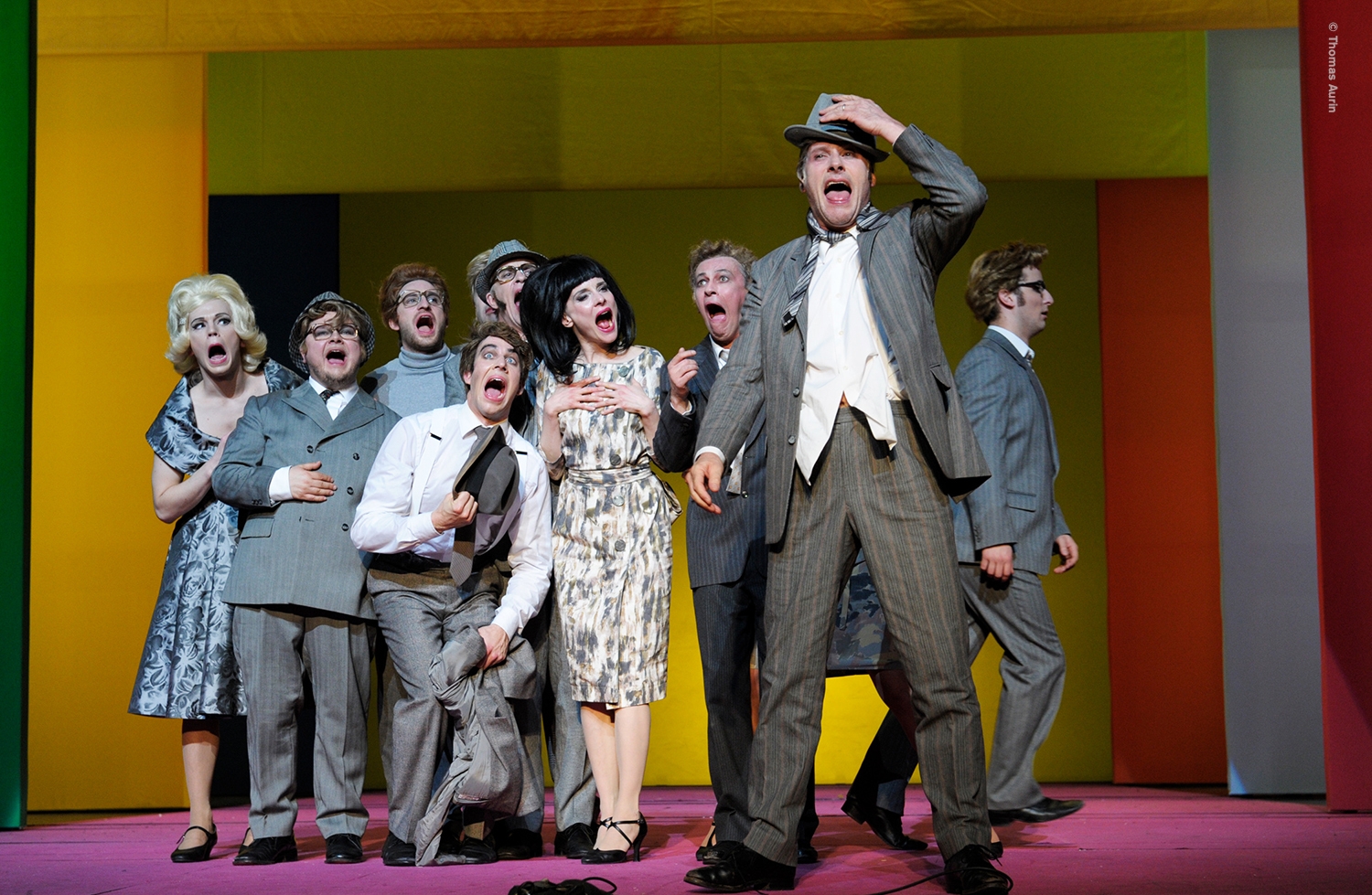


On August 15, 2008 the US destroyer USS McFaul crossed the Bosporus amidst the Abkhazian conflict, heading to the Georgian black sea port Poti -formerly, Colchis. The war ship was taking the same route used by Jason and his Argonauts more than 3000 years earlier –the first instance of intercontinental piracy in Western culture. It is in Colchis that Jason stole the Golden Fleece. And Medea was at his side: madly in love with the unknown Greek, she had betrayed her homeland and her father, killed her own brother and fled with Jason to Greece. When Jason betrays her with Creusa, daughter of the King of Corinth, Medea seeks revenge.
No other story has been adapted and rewritten so many times in Western history. Euripides, for instance, who witnessed the Persians’ triumph as a young man, conveyed in his own version, nowadays the best-known one, the myth of Athens’s own chauvinism: he brands everything unknown and other than Greek as barbaric –even Medea. She kills –according to the poet’s invention- her own children.
Four-hundred years later, Seneca, the Stoic philosopher, takes this version up. As Emperor Nero’s tutor, he is one of the richest and most powerful persons in the Roman Empire. In times when the theatre meant gladiator combats and races, lions and elephant shows, as well as the excessive use of thousands of extras, Seneca transformed the Medea story in a downright sex and crime thriller. In its conclusion, a cruelty-possessed witch apparently covets murder, throws her children’s heads at her husband's feet, and flees to a kingdom “where there are no gods”.
When a myth is so apt for adaptations and reinterpretations, what is its “uniqueness”? During World War II, several German academics sought in Crimea for answers to this question. They dug the sand in the Crimean peninsula for ancient traces and artefacts. Among them was Martin Heidegger, as told by Alexander Kluge in his half factual journal Heidegger auf der Krim. In the book, the best known of all German philosophers dreams of building a centre for new thinking on the ruins of Greece and watches executions by SS task forces. However, the horror of murder does not seem to touch the philosopher, who is fully concentrated on the Antiquity.
The interweaving of Seneca’s tragedy and Kluge’s text succeeds not only in making clear the distance in time that separates us from the Antiquity, and our illusion of being seamlessly tied to it, but also in providing the motives of the Argonauts' discovery journey and Medea's murder of her children with a concrete, present meaning -within the framework of the Black Sea region still being the object of hard-fought military conflict.
With: Jeanette Spassova (Medea), Margarita Breitkreiz (Medeas Schatten), Irina Potapenko (Medeas Schatten), Marc Hosemann (Jason), Hermann Beyer (Kreon), Volker Spengler (Amme) and Frank Büttner (Chor)
Director: Frank Castorf
Stage and Costumes Supplier: Bert Neumann
Light Design: Torsten König
Dramaturgy: Sebastian Kaiser